Matt Bai writes on national politics for the New York Times Magazine, where he is currently covering the 2008 presidential campaign. He is the author of The Argument: Billionaires, Bloggers, and the Battle to Remake Democratic Politics.
Past Events
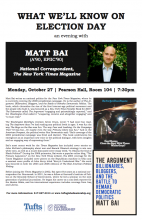
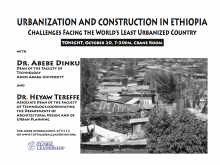
URBANIZATION AND CONSTRUCTION IN ETHIOPIA - Challenges Facing the Worldās Least Urbanized Country
with
Dr. Abebe Dinku
Dean of the Faculty of Technology Addis Ababa University
and
Dr. Heyaw Tereffe
Associate Dean of the Faculty of Technology,coordinating the Departments of Architectural Design and of Urban Planning
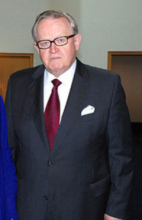
The Honorable Martti Ahtisaari, Former President of Finland and Founder of the Crisis Management Initiative
āThe Leadership Challenges of Public and Private Diplomacyā
Monday, September 22, 7:30pm
Alumnae Lounge, Aidekman Arts Center
What better way to begin EPIIC's "intellectual outward bound" then to immerse the students in an actual adventure weekend that melds physical and mental challenges?
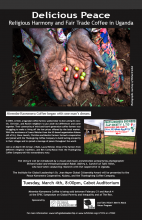
Mirembe Kawomera Coffee began with one manās dream.
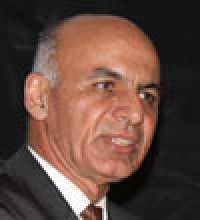
ASHRAF GHANI: Former Finance Minister, Afghanistan; Member, Commission on Legal Empowerment of the Poor, UNDP; Chairman, Institute for State Effectiveness
Play an mp3 of the lecture (1 hr. 19 min. AshrafGhani_020608.mp3 27.3 MB)
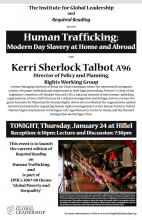
Kerri Sherlock Talbot A'96
Director of Policy and Planning | Rights Working Group
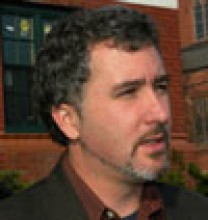
The Institute provides training in nonviolence/conflict resolution widely in the state of Rhode Island, and is home to the Nonviolence Streetworkers Program in Providence. Gross is the recipient of The Institute for Global Leadership Alumni award from Tufts University, The Community Service award
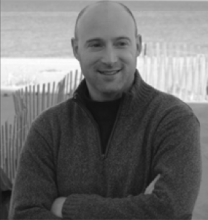
Matt Bai writes on national politics for the New York Times Magazine, where he is currently covering the 2008 presidential campaign. His book, āThe Argument: Billionaires, Bloggers, and the Battle to Remake Democratic Politics,ā was published by the Penguin Press in August 2007. Baiās coverage of the 2004 campaign included cover stories on the Republican machine in Ohio and the
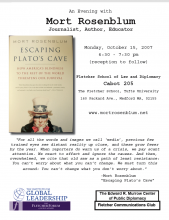
āFor all the words and images we call āmediaā, precious few trained eyes see distant reality up close, and these grow fewer by the year. When reporters do warn us of a crisis, we pay scant attention. We react to effect and ignore the causes. And then, overwhelmed, we cite that old saw as a path of least resistance: You canāt worry about what you canāt change.

